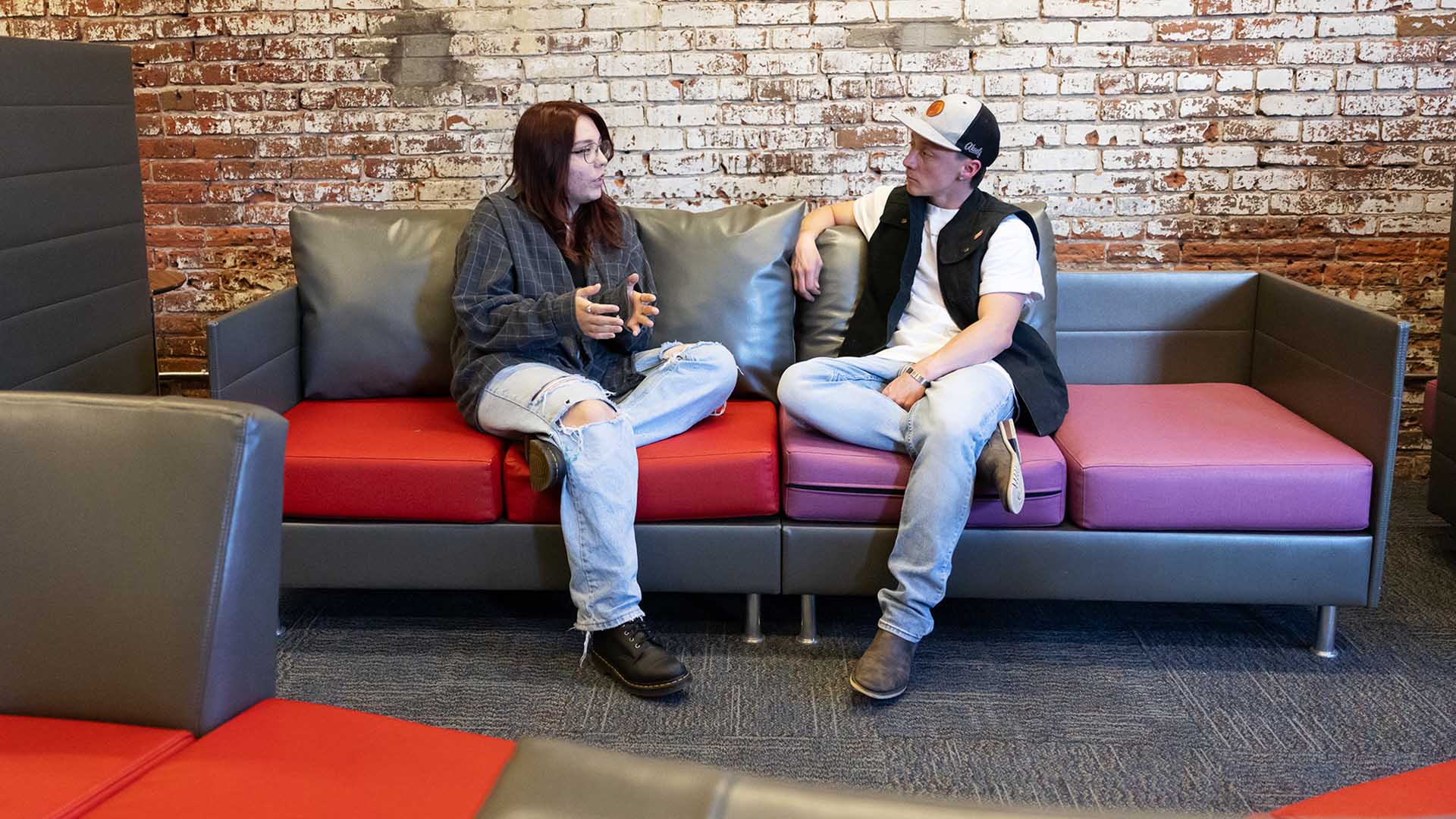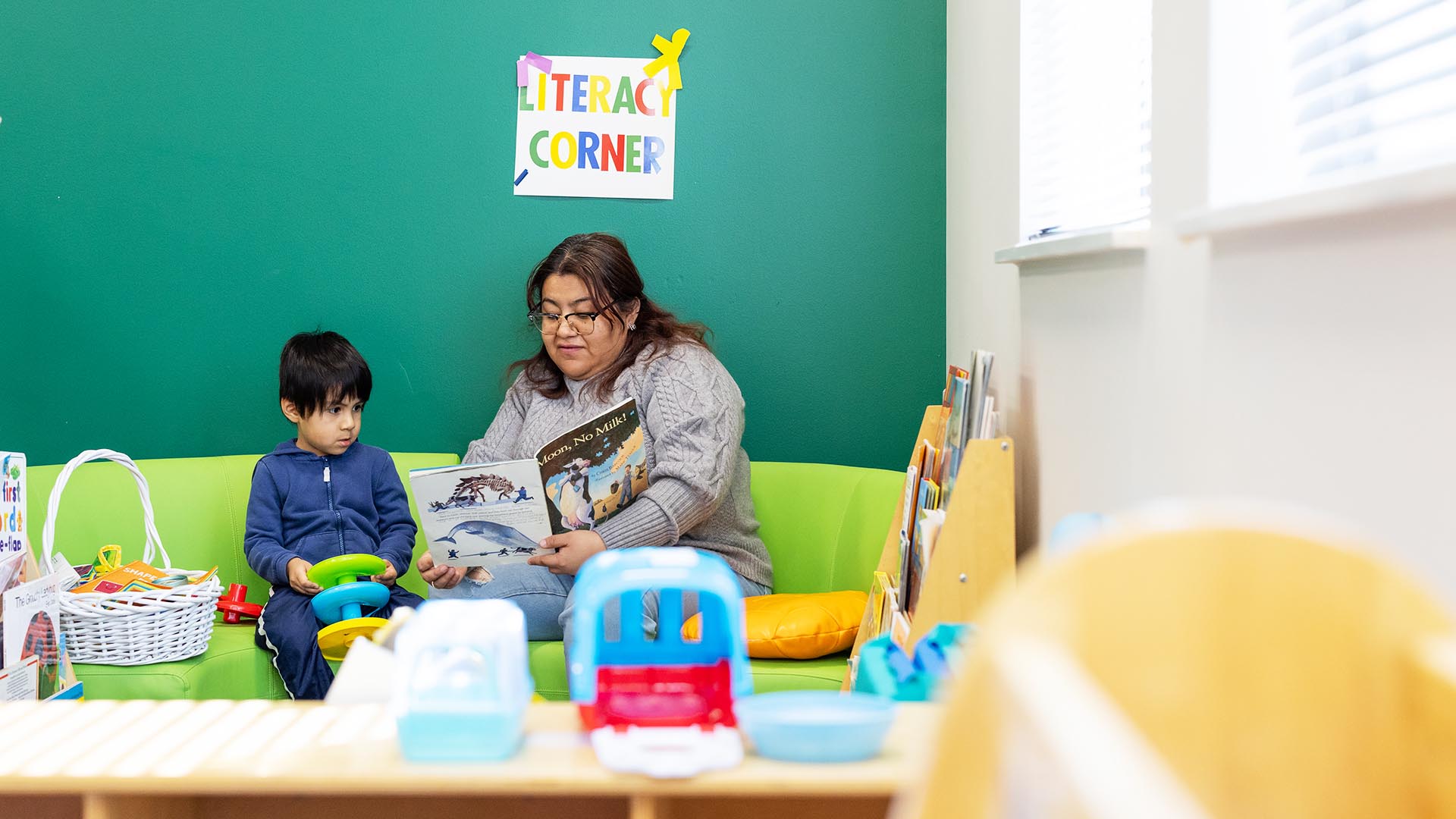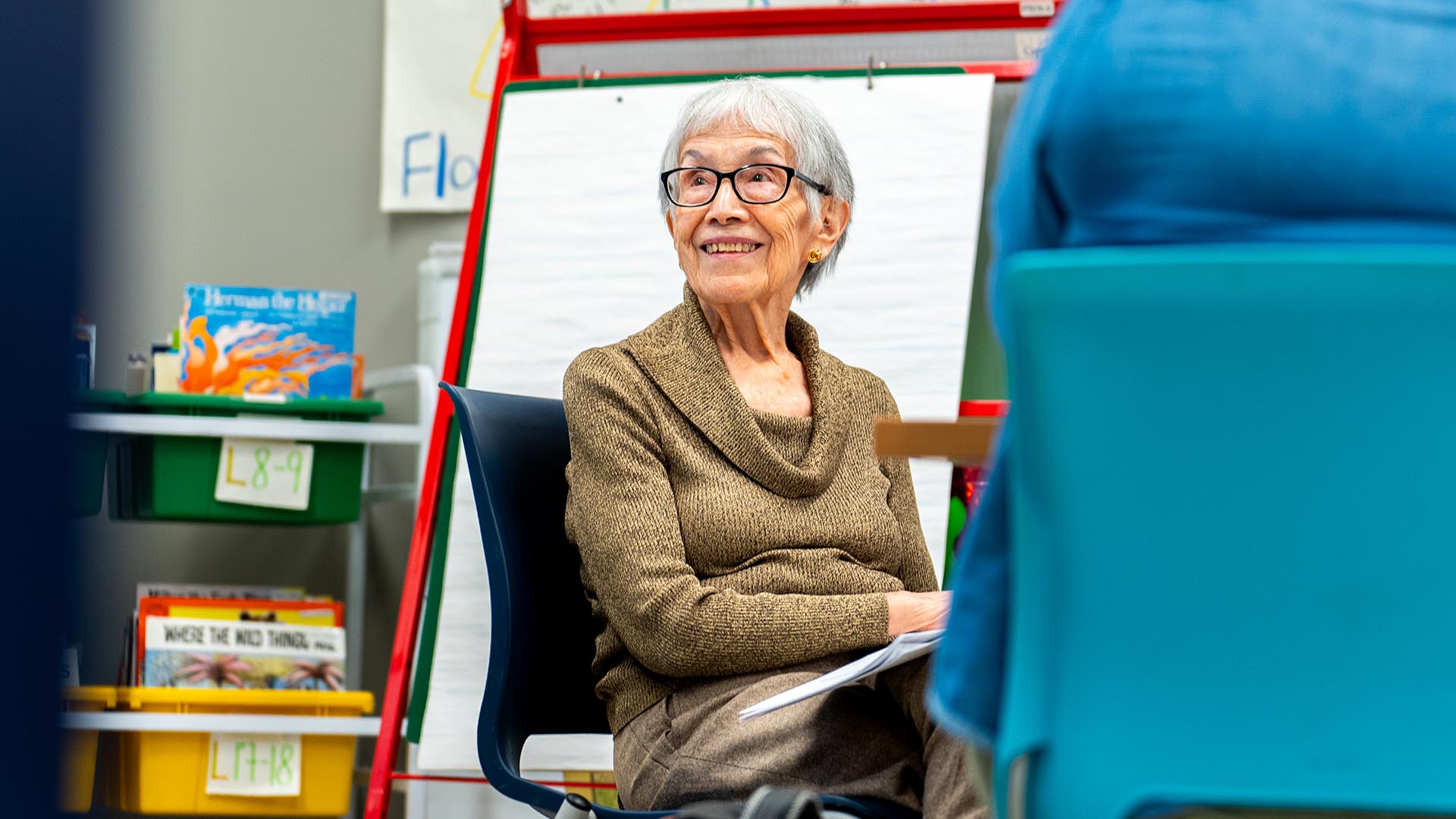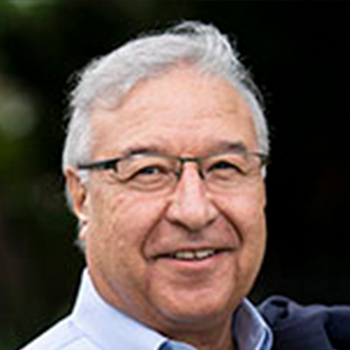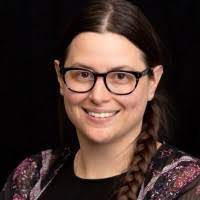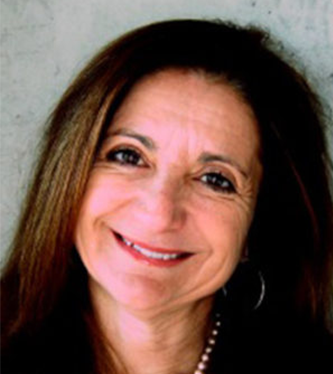Change agent
The pandemic pushed this single mother in a new direction. Here's how this future social worker aims to put at-risk students on the path to a better life.
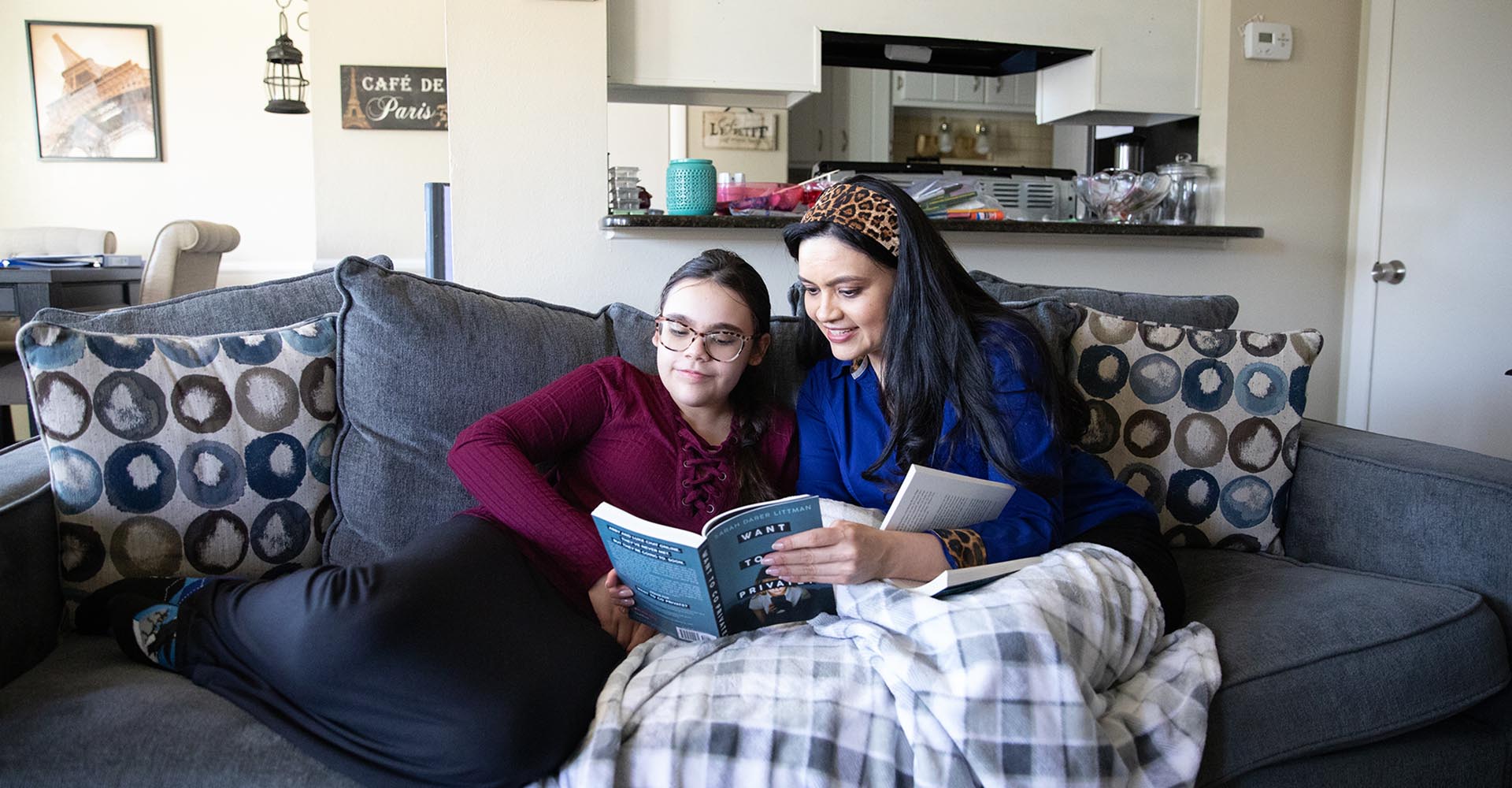
Jennifer Muñoz knew she wanted to go to college. The 37-year-old single mother planned on enrolling in a social-work program once her 12-year-old daughter went to high school.
But when Covid-19 struck, Muñoz knew she couldn’t wait.
For seven years, she’d been listening to stories of students at risk of falling through the cracks. As an administrative assistant in Jefferson County Public Schools, she’d often encountered families who needed support to understand their choices and advocate for themselves. Covid-19 only added to their challenges.
“The pandemic pulled me off the sidelines and turned me into an advocate for those affected by injustices,” she said. “I want to fight for people who don’t have a voice.”
The Department of Social Work at Metropolitan State University of Denver has seen an increase in enrollment over the past year, said Chair and Associate Professor Jess Retrum, Ph.D. The undergraduate program grew by more than 6%, while the Master of Social Work program grew by 12.5% but saw enough demand to grow by 20% if not for capacity restrictions. This growth came while new-student enrollment was down at universities nationwide.
Retrum said MSU Denver’s social-work programs were on an upward trajectory before the pandemic but that Covid-19 had escalated growth.
“The last four years, now punctuated by the pandemic, have pushed people to act on social-justice issues,” she said. “The foundation of social-work practice is about becoming a change agent, understanding unique people in their environment, helping psychological and interpersonal circumstances as well as larger systems to get better.”

Voice for the voiceless
Muñoz grew up in a traditional family in El Paso, Texas, until she was 12, and then in Lakewood. She said that as a kid she was told not to speak to adults unless asked a direct question and then to respond with a simple “yes” or “no.”
Muñoz found her voice in 2020.
“The pandemic taught me that just because something doesn’t impact you directly, that doesn’t mean you get to watch other people drown,” she said.
So she applied to college – the first person in her family to do so. Without experience, she was anxious about navigating the process but also believed that a degree in social work would give her the voice she had never had. That voice would let her speak up for those in society who were told to stay quiet.
Her commitment to becoming a change agent didn’t stop there. She joined the Jeffco Education Support Professionals Association union, where she is a vice president of a subcommittee; she also serves as a leader with Coloradans for the Common Good. And she got involved with the MSU Denver Champions program, which advocates for higher-education priorities such as funding to support low-income students.
On the home front, Muñoz wants to teach her daughter, Julie, to exercise her voice.
“She is usually around when I’m doing my work with advocacy organizations or even schoolwork,” Muñoz said. “She asks me questions, so I know she’s learning. That inspires me to go forward.”
With an expected graduation date of 2024, Muñoz anticipates working at a Jeffco Title 1 school, where she said the need is greatest. She hopes to support bilingual families in understanding the many options they have within a school district.

In-demand profession
Muñoz will enter the social-work field at a time when demand has never been greater.
According to the Bureau of Labor Statistics, social work is one the fastest-growing professions in the country. The number of social workers nationwide is expected to rise by 13% by 2029.
Retrum said the pandemic has underlined the need for competent and compassionate leaders. People don’t realize how many of the estimated 700,000 social workers in the U.S. are on the front lines of the crisis, she said.
As examples, she cited how a social worker might help a family grieve the loss of a loved one and connect them to additional support as needed. In a school setting, a social worker might advocate for students who don’t have access to the resources to succeed in online classes.
To remedy the social-worker shortage, Retrum said MSU Denver is making sure students from every background have an opportunity to get a quality education.
“Our students come from communities where maybe they are the first generation to go to college and often need to work while in school,” she said. “We are sympathetic to that and create a balance to meet their needs. We are flexible but also hold students to high standards.”
And that is the perfect fit for a student such as Muñoz.
“Being a single mom, working full-time and going to school full-time, I’m honestly not sure I would make it without the flexibility and support I’m getting,” she said.


